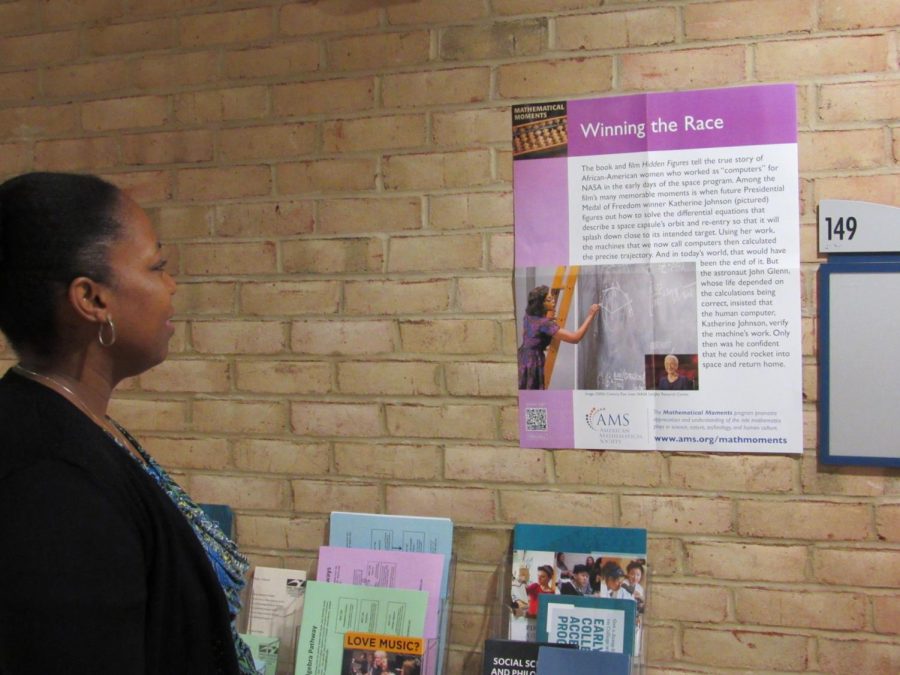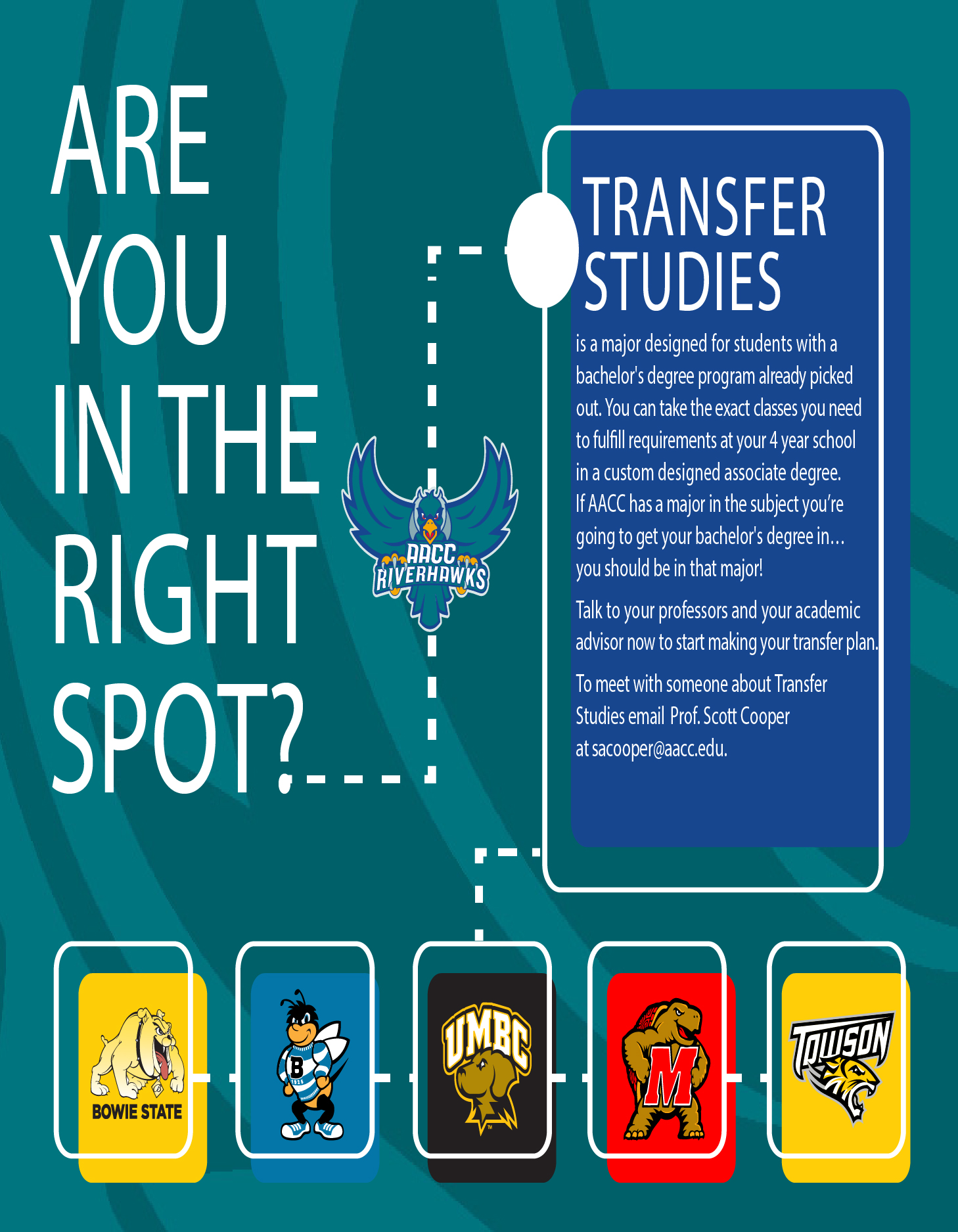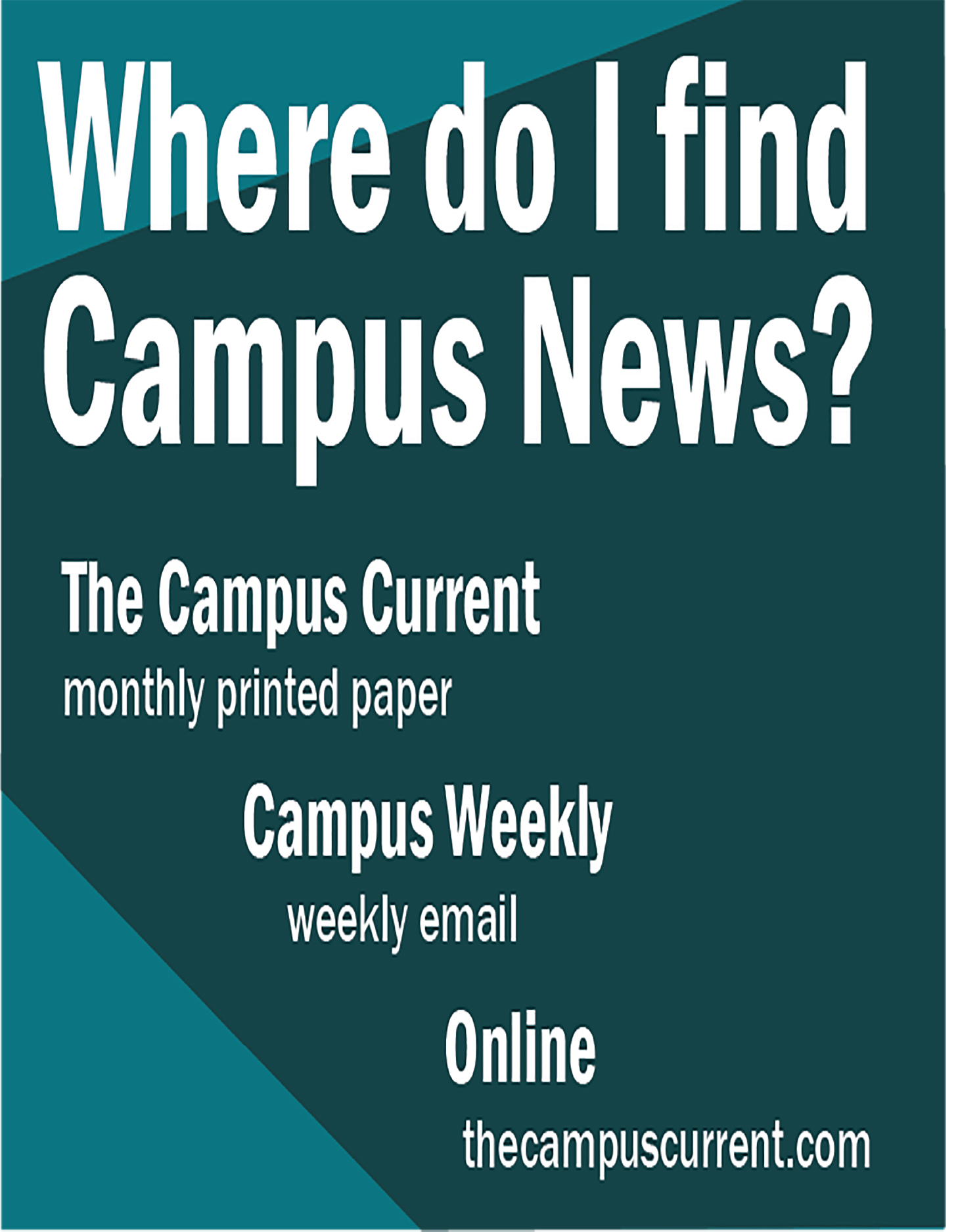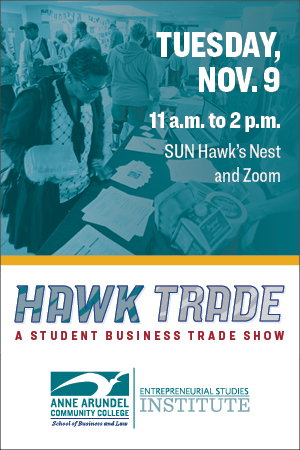AACC students and faculty discuss STEM, representation on International Women’s Day
Math professor Dr. Stacey Nichols reads the history behind the film “Hidden Figures,” but says there is still work to do.
March 8, 2019
Google Doodle celebrated International Women’s Day with quotes from important women from around the world.
Around campus, students and professors pointed out there is more work to do, particularly in the area of STEM representation.
Ashley Gross, a transfer studies student, said International Women’s Day is still relevant but in a different way than it might have been historically.
“We’ve made a lot of important strides, but we can still gain more,” she said. “And we can feel gratitude for what we’ve accomplished so far.”
Chanel Grant, a first-year computer science student, agreed that today is important, but was more concerned about the current state of the STEM field.
“International Women’s Day is still relevant,” she said. “As a STEM major [I see] a lack of representation. We should celebrate women in STEM so we can get more girls interested [in the field].”
“I don’t have the stats but women and underrepresented minorities are lacking in the fields of Math and Science,” said math professor Dr. Stacey Nichols.
“Math, engineering, computer science, scientists, all are lacking in diversity,” she said. “I attended the University of Maryland at College Park, and at that time there was a conscious effort to recruit more minority students into math.”
Grant said that seeing more women role models in the field is important to increase the number of girls who are inspired to take STEM courses.
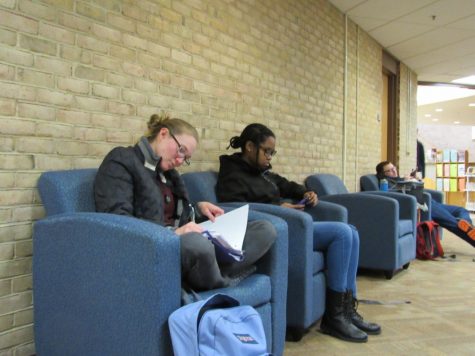
Ashley Gross, a transfer studies student, and Chanel Grant, a first-year computer science student, spend International Women’s Day studying for classes.
Dr. Donna Packer-Kinlaw, an English professor, said literature can be an important source for role models in a variety of fields.
“Diverse representation is important in the texts we teach,” she said. “Because so much of history focuses on male voices. We have to make a conscious effort to integrate texts we use in classes — you have to make a concerted effort in increasing voices.”
She said in her classes she deliberately incorporates Jamaican, South African and other voices by choosing texts from those cultures.
“Literature is a part of talking about different types of experiences, cultures, and ways of seeing the world. Without those voices — [teaching] is a dead end,” she said.
Packer-Kinlaw pointed out when she was a student, she was inspired to “find her path” through the works of an Australian writer who also happened to be female.
Alex Crowley, a second-year psychology student, also said International Women’s Day was a good day to “recognize women” and their historical contributions.
“Because we went through so much in the past … it is nice to celebrate all of our accomplishments that we’ve made so far.”
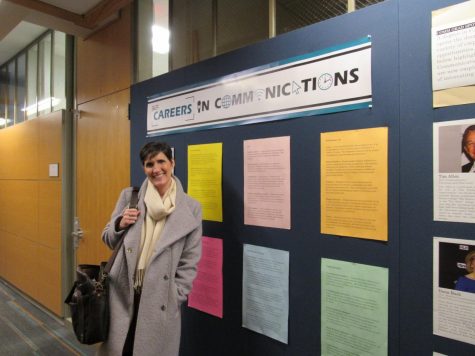
Dr. Donna Packer-Kinlaw, an English professor, states the work of a female Australian author helped her find her path.



